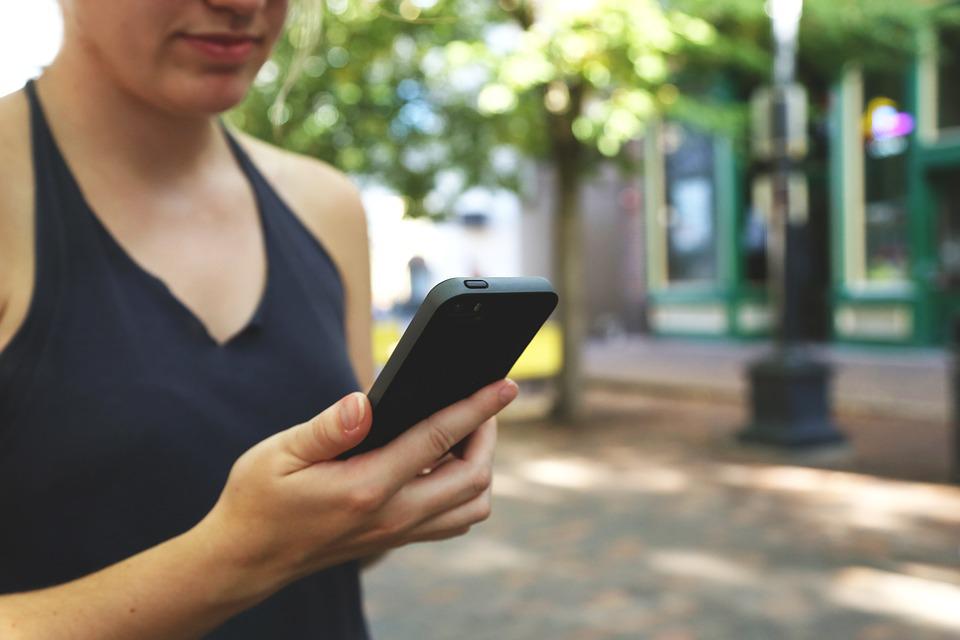In the last few years, technology has advanced significantly, and one example of this is the introduction of call recording abilities. Call recording was initially created for organizations that capture audio discussions to improve customer encounters, staff training, and strategic decision-making. Makers of mobile phones began including call recording as an incorporated function as the capability started to gain popularity.
Mobile phone users can record their discussions for later listening thanks to calling and audio recording technology, which is now a standard feature. Call recording technology is freely available to individuals through their cell phones, and prominent criminals have started utilizing the technique to trick innocent members of society into making quick money. Laws for recording my phone calls, the admissibility of call recordings in law, and other critical issues about the subject will all be covered in the article.
Admissibility of Call Recording in India
Voice recordings provided to the court are admissible as proof following Sections 3 and 65A and 65B of the Indian Evidence Act, 1872. Call records are admissible in court on Indian soil as reliable evidence. These evidence pieces must meet specific requirements. Several requirements must be satisfied before the court considers the recording as evidence. These consist of:
The Discussion Must Be Pertinent to the Situation
The original tape must be presented to the court without modification, removal, or other alterations, and its voice must be recognizable. The presenter must provide strong evidence to support the validity of the recording. The audio must be heard in the recording with the least amount of ambient noise.
Evidence’s Reliability
The court has the exclusive jurisdiction to determine the level of dependability of any call recordings submitted as evidence.
Corroborative Evidence
Call recordings are utilized as corroborating evidence in court submissions made by either side of the discussion.
Accurate Account
The court stated that to submit the call records, responsible witnesses must attest to the accuracy of the time, place, and recording, which must be supported by pertinent accounts relating to the case. The phone recordings must be maintained in custody under lock and key to guard against manipulation.
Recording Personal Conversation
It is definitely against the law in India to record calls of someone’s private conversation without that person’s agreement. It infringes on a person’s right to privacy, protected by Article 21 of the Indian Constitution as a Fundamental Right. Both sides must provide their approval that can I legally record a phone call and allow participants in the chat or any third party to record their communication. If one party to the conversation permitted the third party to record the chat, the other person, who did not permit anybody to record the talk, would have violated the first party’s consent.
Due to non-consenting parties invading privacy, such recordings are against the law. It is permissible to record private conversations via phone call voice recorder based on general public interest. It requires that legal documentation be gathered, maintained, and used as admissible evidence in court.
You can record calls through different platforms. It’s readily available on any smartphone these days. The call recording app is accessible to download for free. You can have a call recorder for iPhone.
Is calling recording a crime in India?
It would be against the Indian Constitution’s Article 21 guarantee of privacy to record audio talks of others without receiving written authorization from all participants.
Can I sue someone for recording me without my permission in India
Without your consent or that of the court, phone tapping is against your fundamental rights. The Telegraph Act makes illegal tapping unlawful. Of course, you are also allowed to sue them for compensation. File a fire if you are unsure about the tapping.
Can you record a phone call without the other person knowing in India?
Indian law does not make it against the law to record telephone or in-person discussions you participate in without getting everyone’s permission first.
Your wireless network password and valid login credentials could potentially be rapidly obtained by others.
Case Laws on Phone Call Recording
The use of electronically stored information in both criminal and civil proceedings has been made legal in India because of changes brought about by technological innovation. There are several instances where the right to privacy precedes electronically recorded evidence. Similar to this, there are instances where electronic proof supported by legal provisions outweighs privacy.
The Indian Supreme Court decision regarding the level of admissibility of taped conversations as legal evidence in Vinit Kumar V. Central Board of Investigation and others (2019. The supreme court further emphasizes that Rule 419A of the 1951 Indian Telegraph Rules should not be broken by the call monitoring order. Following Section 5 of the Indian Telegraph Act of 1885 it gave the union or state home secretary the power to issue orders for phone monitoring. The Supreme Court of India established the “principles of proportionality and legitimacy” to judge the constitutionality of call recording instructions issued by the government in the seminal ruling of K. S. Puttuswamy V. Union of India (2018). Additionally, it was stated that for the sake of public safety, the government should be the one to issue orders for call monitoring. Such orders constitute a breach of the right to privacy when there is no harm to the public.
KEY HIGHLIGHTS









